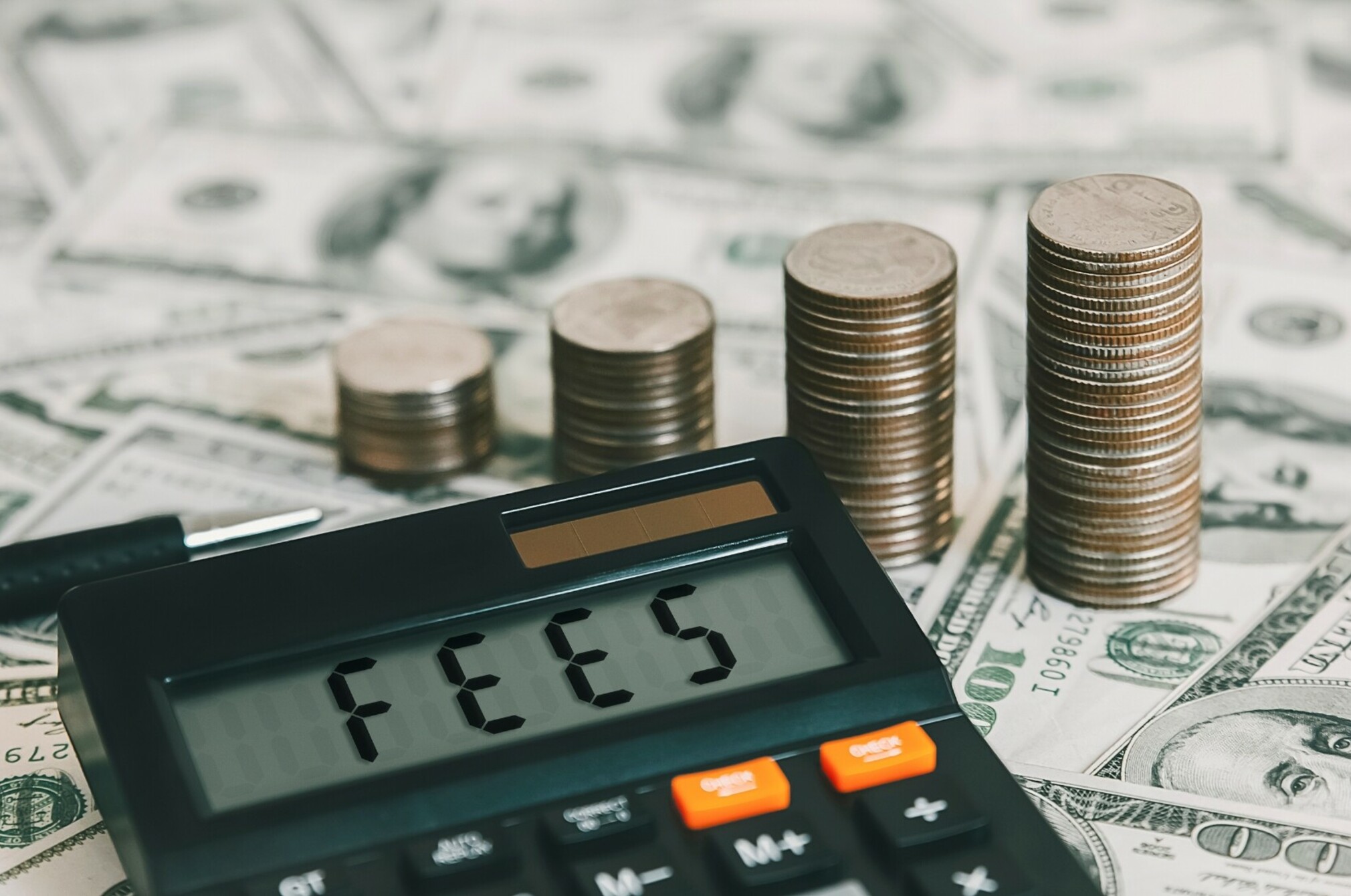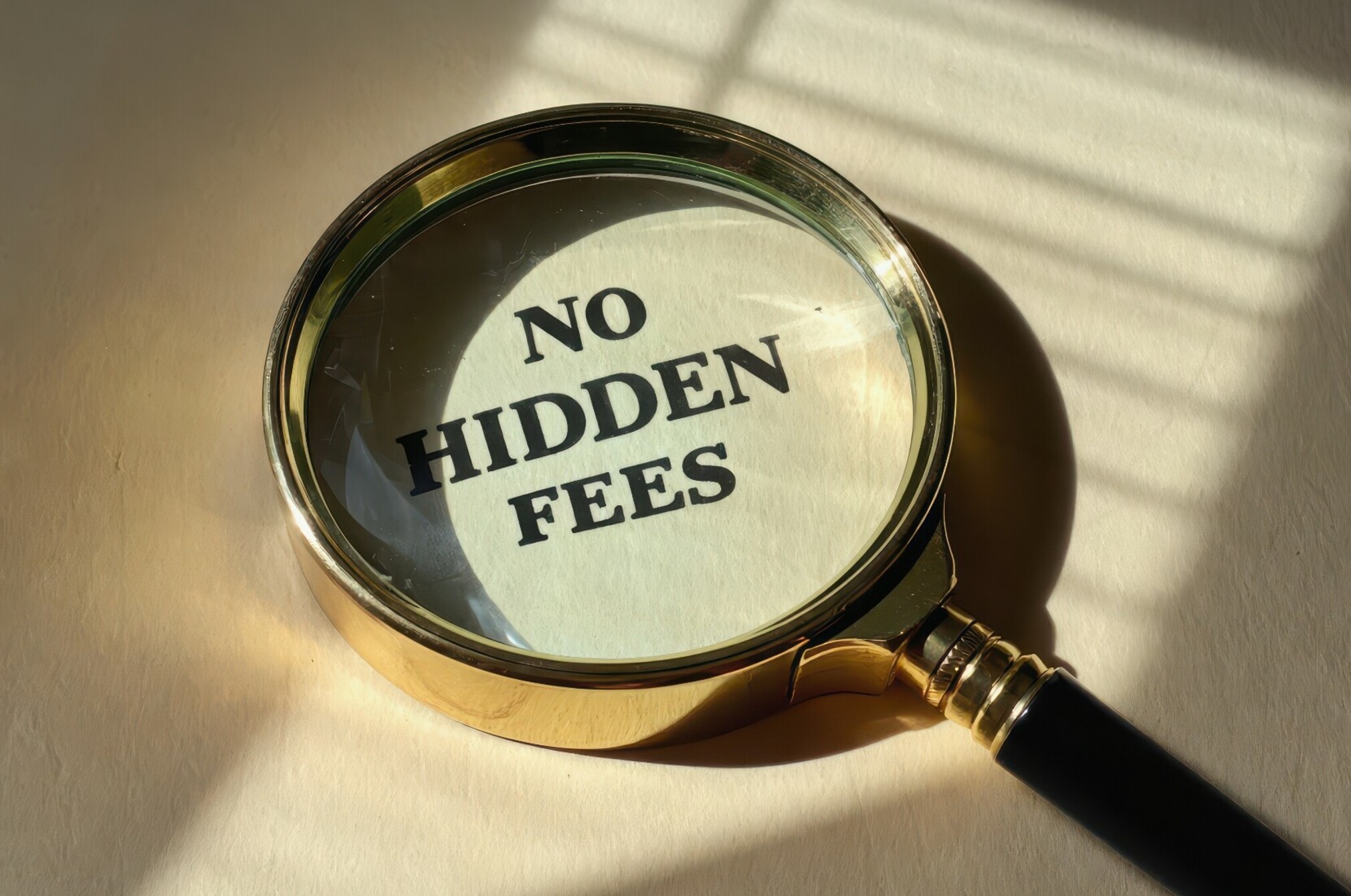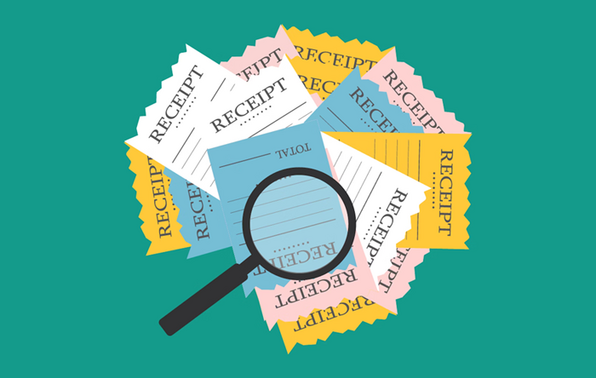What are booking fees and service fees? And why do we have to pay them?

Booking fees and service fees are an example of what Consumer likes to call “sneaky fees”.

Anyone who has used the internet to purchase a ticket or experience lately will have seen them.
- Movie theatres adding $1 or more per ticket.
- Ticket retailers adding as much as $8 onto the original cost of a concert or festival.
- Travel agents adding up to $49 on top of the original price.
These fees are often added onto digital transactions that require little face-to-face interaction.
Yet, when you take into account any surcharges for using your credit card or contactless debit card, those fees can add hundreds of dollars to a household budget every year.
Consumers are, more than ever, being asked to cough up for them.
So, who’s charging them?
The worst offenders
Booking fees and service fees are usually added on to the price of real-world experiences when you’re buying them online.
In many cases, booking fees and service fees are non-refundable – even if the event or experience you’ve purchased is cancelled.
Consumer conducted a sweep of as many of the places charging booking and service fees as we could find.
We found every movie ticket purchased online for a Hoyts or Event Cinemas film adds at least an extra $1.
Every concert ticket purchased through Ticketmaster adds a “per-order handling fee”, which varies depending on the original price of that ticket. Other fees they can charge include a land levy, an infrastructure charge, a booking fee, and a delivery fee.
Ticketek warns it could add a $5.50 “handling fee” to every order. It can also charge an infrastructure fee.
Flight Centre adds a $19 booking fee onto domestic bookings, rising to $29 for trips to Australia and the South Pacific, and $49 for all other international destinations.
Airbnb charges up to 14% as a “service fee”, and BookaBach charges hefty “host fees” too, which differ depending on the cost of the booking.
For the upcoming Writers Festival in Auckland, a Ticketmaster “service fee” replaces the handling fee and adds $8 per order.
Restaurants, travel centres, and other experiential services often attract booking fees as well.
So, what exactly are these fees?
Booking fees and service fees, explained
Associate professor Claire Matthews, from the Massey Business School, says booking and service fees function as yet another surcharge hitting consumers in the pocket.
"It represents a clipping of the ticket by the provider," she says. "That's their income stream."
Consumer approached Hoyts, Event Cinemas and Ticketmaster to ask if that was the case.
None responded to our requests for comment.
We did, however, find some explanation of what these fees cover in the terms and conditions on their websites.
Ticketmaster calls its handling fee “a fee for Ticketmaster’s services and includes the cost of providing a safe and secure ticket-buying experience”.
Event Cinemas says charging a booking fee helps it “invest in technology to ensure the convenience for our online customers”.
Benefits included skipping queues at the cinema, being able to reserve a preferred seat, and rewards from its loyalty programme, Cinebuzz.
It also states, “We do offer all our customers the ability to purchase tickets in store where no booking fee is applied.”
Heidi Walker, Flight Centre NZ general manager, said the company was “fully transparent” about their booking fee, which was “in line with industry standard”.
“The fee provides customers with access to custom packages and deals created with our suppliers, as well as 24/7 support and emergency assistance, which is available on all bookings from anywhere in the world, before, during and after travel,” she said.
“We recognise that travel can require support for a number of reasons and immediate timely support is required. Our online fee is applied once per booking, rather than per traveller – meaning the fee is the same regardless of how many passengers are on the booking."
Can you avoid paying these fees?
Sorted’s personal finance lead Tom Hartmann says avoiding surcharges, booking fees and service fees is a clear way to get ahead and save money.
“Unfortunately, there’s always that game of, ‘Gotcha!’ that can happen as you check out, when the total somehow ends up that much higher,” he says. “They add up gradually until they become weighty.”
Hartman suggests consumers check to see if they can book with a merchant or venue in person instead, to avoid paying additional fees to book online, or compare platforms to see if there’s one that isn’t charging the fee.
He believes more businesses will keep charging fees as they become a crucial part of their business model. “The vendor is clipping the ticket as the sale is made,” he says. “We’re paying for the convenience, but it’s hard to plan for.”
Our fight against sneaky fees

Consumer is fighting to end the scourge of sneaky fees. These fees can add anything from a few dollars to over $50 to a product or service.
Each year, retailers are earning as much as $68 million from sneaky fees.
A Consumer survey found two-thirds of New Zealanders have been stung by these fees. The majority of people agree new rules are needed to ensure pricing is clear and transparent.
We support an amendment to the Fair Trading Act requiring retailers to disclose the total price, including any fees, upfront – like the laws that already exist in Australia.
Visit our campaign page and join our fight to end sneaky fees.

No more sneaky fees
Businesses should be upfront and honest about how much their products and services cost.
Member comments
Get access to comment